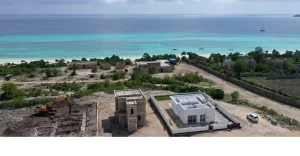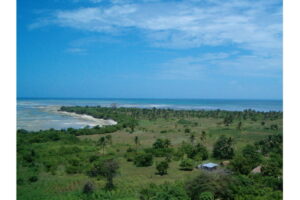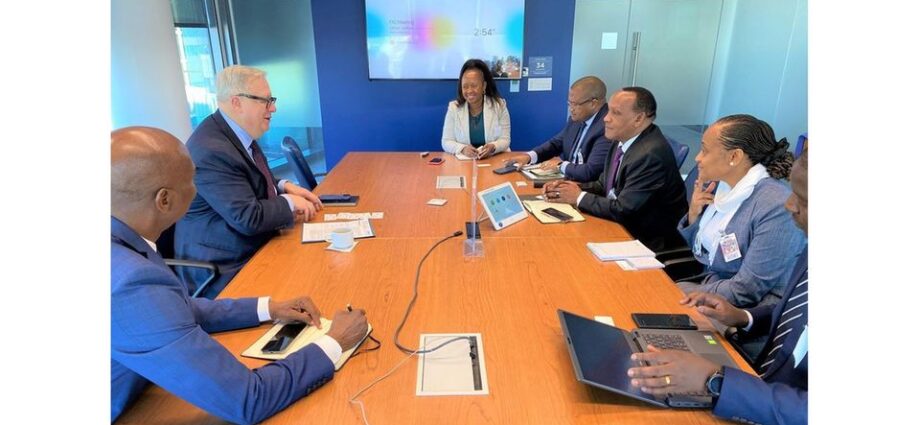CRDB Bank, IFC agree to cooperate in six areas
Dar es Salaam, Tanzania:
The CRDB Bank Plc and the World Bank’s International Finance Corporation (IFC) have agreed on six specific areas of cooperation in their joint effort to foster sustainable financial inclusion in Tanzania and beyond. This is the message that the two institutions’ top executives agreed upon when they met in Washington on the sidelines of the US-Africa summit.
During the meeting, CRDB Bank Group’s delegation was led by its Board chairman, Dr Ally Laay, vice chairperson, Prof Neema Mori and Group CEO, Mr Abdulmajid Nsekela while IFC was represented by its director and global head of financial institutions group, Mr Tomasz Telma.IFC has supported CRDB Bank Plc strategy since 2014. “IFC has played a key role in the success of CRDB Bank during the past eight years and in the successful implementation of our five-year strategy, which expires this year,” said Mr Nsekela in a statement. He said the meeting sought to bring top leaders of the two institutions together to deliberate on areas of collaboration and support.
“We therefore agreed to cooperate on issues pertaining to financing of undertakings for women and youth; huge infrastructure financing in Tanzania, Burundi and the Democratic Republic of Congo (DRC) and in supporting future cross-border business when CRDB Bank embarks on its expansion strategy to East and Southern Africa,” Mr Nsekela said.
The two institutions, he said, also agreed to cooperate on funding support on environmental projects, capacity building and in agribusiness.
In his remarks, Mr Telma detailed IFC’s experience in financing projects in Tanzania and noted that the country has great potential. Mr Telma said he was optimistic that the discussions would open new opportunities for further cooperation between the two institutions.
In his presentation during the meeting, Mr Nsekela detailed that CRDB Bank Plc – which has a balance sheet of Sh10.9 trillion and a capital of Sh1.4 trillion – boasts of an expanded alternative delivery channels and its investment in the right people to provide financial services to all customers and support the economic transformation.
Share this news
This Year’s Most Read News Stories

Tanzania readying to talk to British developer over Zanzibar land lease revocation
Dar es Salaam. British firm Pennyroyal Limited has said it will sue the Tanzanian government over leasehold revocation in Zanzibar, but the Attorney General has confirmed that they are preparing to meet with the investor.Continue Reading

Muslims in Pemba conduct special prayer against ZAA decision
ZANZIBAR: More than 200 Muslims in Vitongoji Village, South Pemba Region over the weekend conducted a special prayer to condemn the Zanzibar Airports Authority (ZAA) move to appoint DNATA as the sole ground handler in Terminal III of the International Airport of Zanzibar. Abeid Amani Karume.Continue Reading

Tanzania can benefit from strategic investment in national pride
Travelling to a few places so far, I discovered that the Tanzanian passport can change the way one is treated at airports and international bordersContinue Reading











